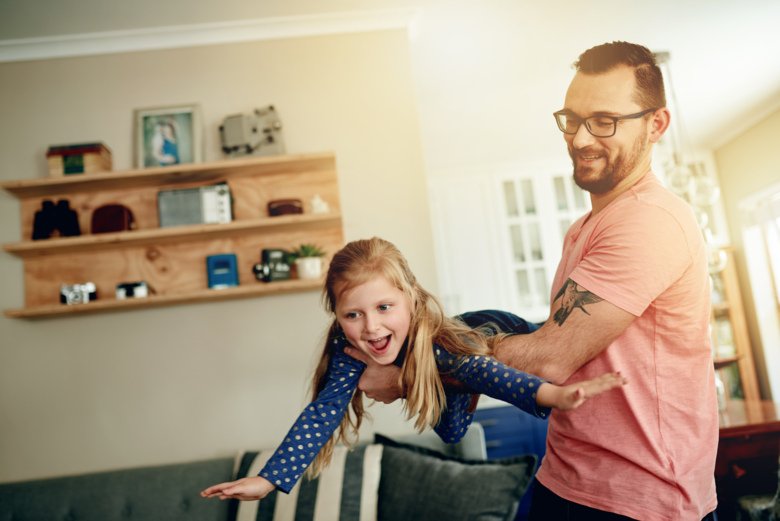This is what children needs
According to studies, the psychological plate model describes things that protect the child's health into adulthood. The psychological plate model is taken from What all Parents Should Know. The First Twelve Years of the Child by Kajsa Lönn Rhodin and Maria Lalouni. The book describes scientific evidence of how the different pieces of pie affect the health and development of the child.

Well-rested parents: Think about the safety procedures on an airplane: put your own oxygen mask on before helping your child. As a parent, you need to sort through your stress and create a sense of recovery in order to have the energy to take care of your child.
Boundaries: When setting boundaries, love, presence and affirmation simply need to be provided in a more thoughtful and controlled manner – just pile it on. Clear boundaries are needed – but you may choose not to use some reprimands and create other rules together with the child.
Self-esteem and compassion: Children who focus on being a good friend and on helping others are the ones who feel their best and more often succeed at school.
Confirmation: This is about the conversational environment. An open and affirmative conversational environment at home makes it easy for children to talk to their parents.
Presence: Quantity is quality. Spending time within the family is more important than what you do together – Friday night tacos are good enough.
Love: Love for the child can explain most parental actions. But what is most important is that the child perceives the parent’s behavior as loving and warm.
Text: Annika Lund, first published in Swedish in the magazine Medicinsk Vetenskap no 2/2021
